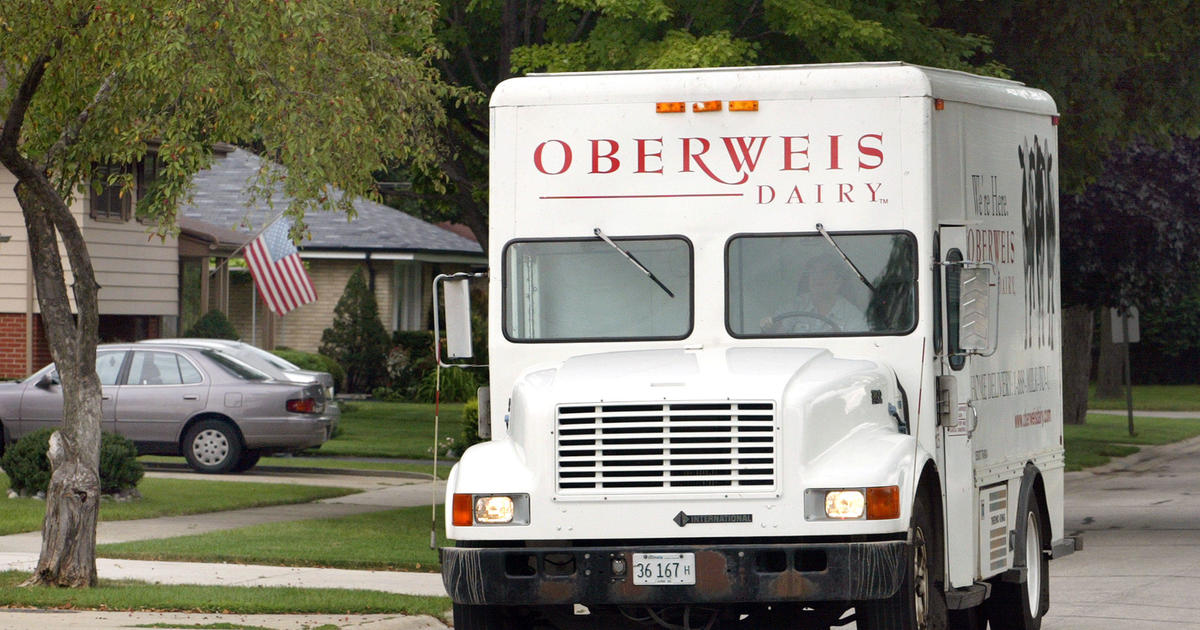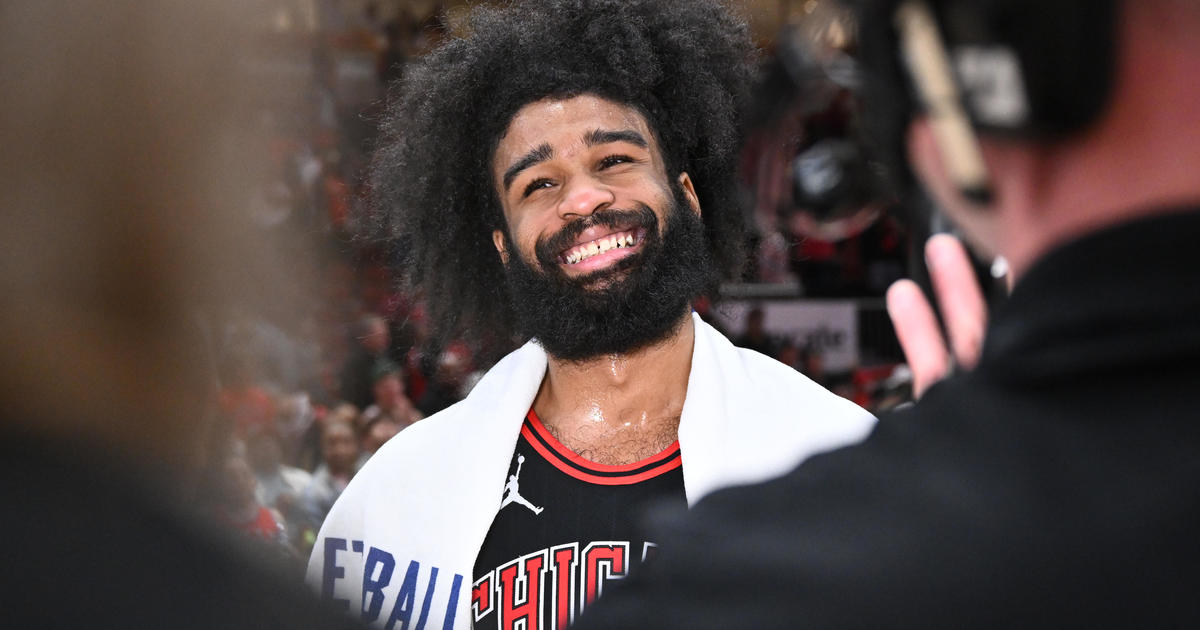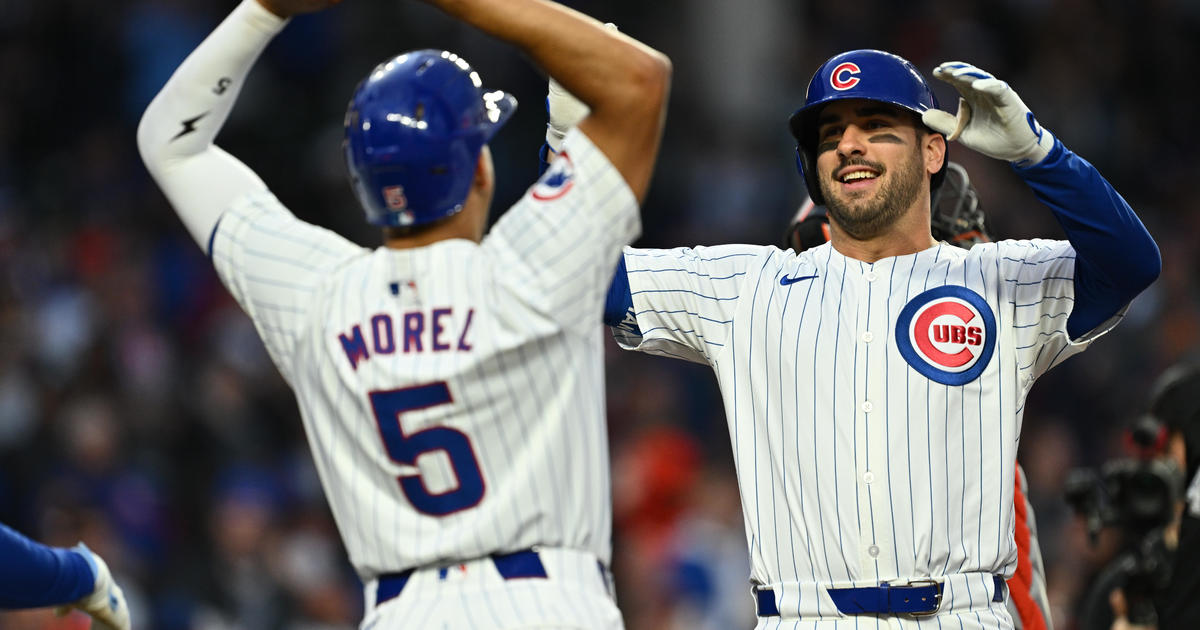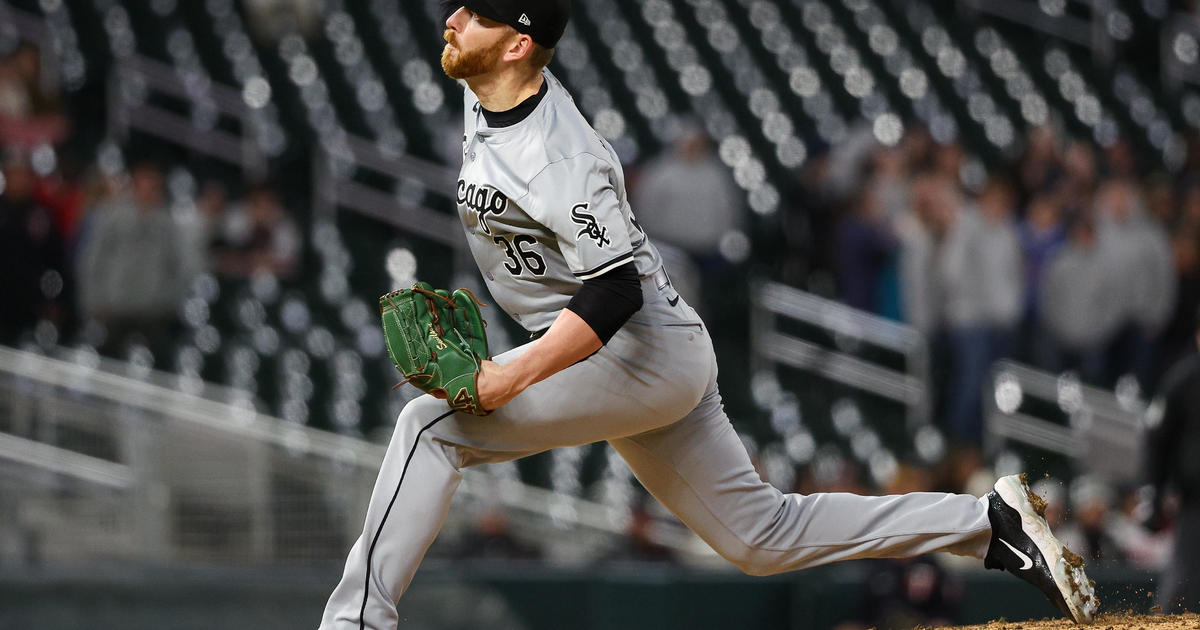DiCaro: Given Chance To Speak Out, Roger Goodell Chooses Silence
By Julie DiCaro--
(CBS) On Wednesday, just days before the Super Bowl and in a time of significant and unsettling political upheaval in American history, NFL commissioner Roger Goodell whiffed on everything that mattered.
The head of a league that will play a game in Mexico City next season, Goodell had nothing to say when it came to President Donald Trump's announcement that he will move forward with a border wall between the United States and Mexico.
The head of a league that employs players of the Muslim faith had nothing to say about the president's executive order banning Muslims from seven countries from entering the United States.
The head of a league that has built itself on the backs of African-American men had nothing to say about the nomination of a man who called the Voting Rights Act "intrusive" to the highest legal position in the country. He had nothing to say about the president's threat to send "the feds" into Chicago, home of one of the league's most storied franchises. He had nothing to say about the fact that the president, on the first day of Black History Month, knew more about Omarosa than he did about Frederick Douglass.
After the singular drive with which Goodell pursued Patriots quarterback Tom Brady in Deflategate, the league's refusal to allow research into football's role in CTE to go unmolested and Goodell's inexplicable fascination with fining players for colorful cleats and touchdown celebrations, no one expects much from the commissioner these days. And, certainly, no one expected Goodell to go right at the Trump administration's policies, particularly given the president's apparent inability to ignore perceived slights and challenges.
But with the eyes of the world on the NFL and Houston this weekend, Goodell missed a chance to say something,
He missed a chance to say something, anything, about the importance of black men to the wild success of the NFL. About the importance of our ability to see beyond borders and religion to expand the game. About sports having the power to bring people of different races, backgrounds and ethnicities together. About the fan base for the NFL being as demographically varied as America itself.
With one of the world's biggest platforms at his disposal, at a time when much of the league's fan base is legitimately concerned for the future of the nation, Goodell chose to say nothing.
Of course, had Goodell have raised the topics of the day, he would've immediately been engulfed in a chorus of "stick to sports," which actually means "don't say things I disagree with." But like it or not, America has always worked through its societal issues through sport.
Baseball was integrated before America was integrated. Muhammad Ali brought a discussion of the Vietnam War into America's living rooms. The enactment of Title IX wasn't just about equality for women in sports but in the United States as a whole. Currently, America is having a much-needed conversation about violence against women thanks in part to Ray Rice and Goodell himself. The debate over paying college athletes is, in actuality, a debate about wealthy institutions exploiting the talent of young black men.
Truth be told, America has never "stuck to sports."
Of course, it's not that Goodell is obligated to address the climate of intolerance and xenophobia spreading across the country. It's that he's in a unique position to do so, and, some would say, morally bound to defend the players and fans. The NFL is the rare example of an institution so wildly popular it owns a day of the week. There's little the NFL could do or say that would cause fans or sponsors to abandon it, as we saw in the aftermath of the Rice and Josh Brown domestic violence cases. And yet, despite the privilege of heading up one of the only industries truly insulated from political backlash, Goodell chose to remain silent.
So while most of us probably expected Goodell to do no more than his usual when social issues come up -- which is to say the bare minimum and move on to talking about football -- it was another opportunity lost for a league that, more than any other, reaches into American homes every Monday, Thursday, sometimes Saturday and Sunday. It was a chance for the NFL to be a league that speaks for ordinary Americans, rather than rich white owners. With only a few amorphous words, Goodell could've shown that every single player and fan matters to the league. Alas, we learned long ago that wasn't the case.
And lest Goodell's silence left any doubt as to the league's moral fiber on socio-political issues, transcripts of player interviews supplied by the NFL were scrubbed of any references to President Trump.
Julie DiCaro is an update anchor and columnist for 670 The Score. Follow her on Twitter @JulieDiCaro and like her Facebook page.



